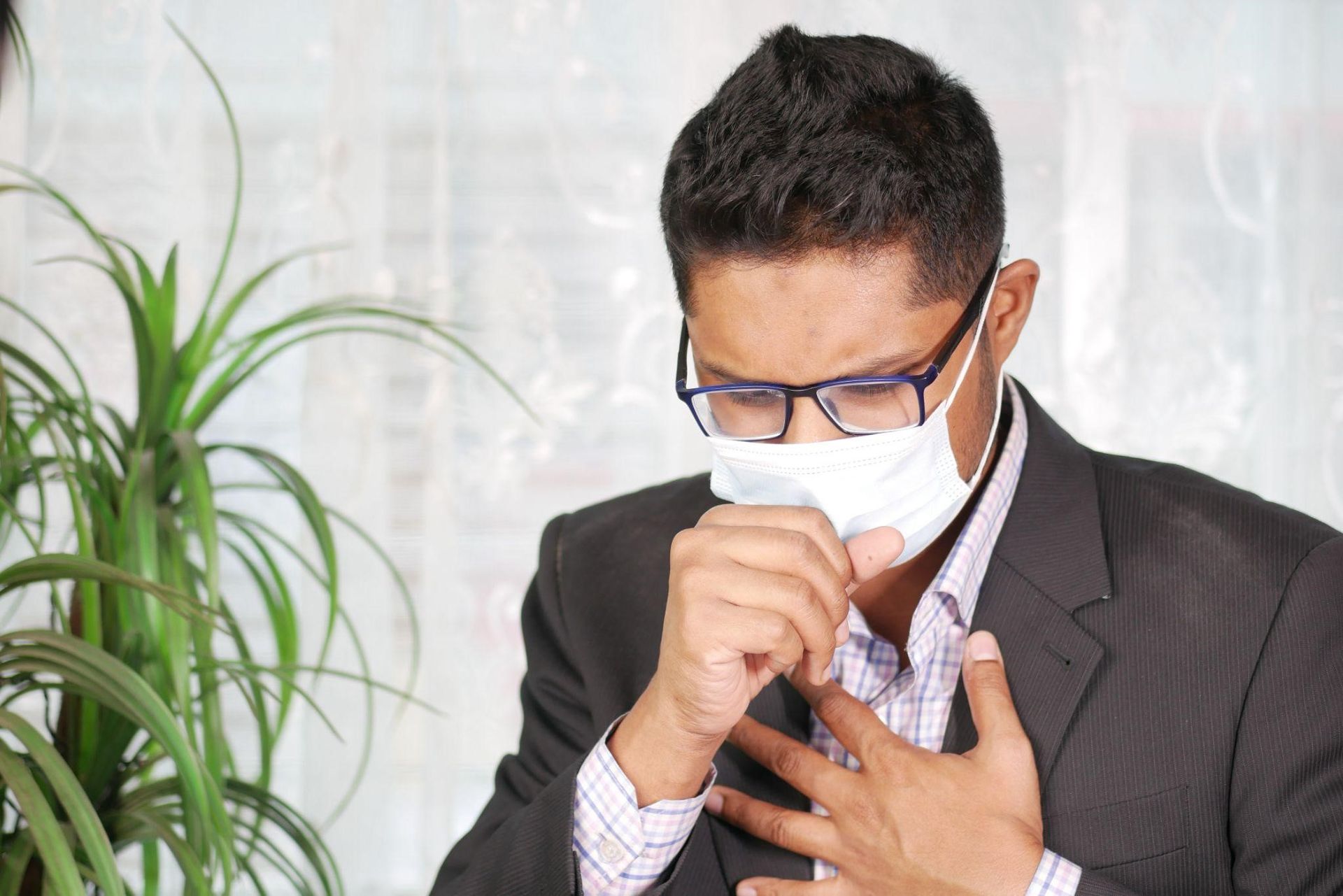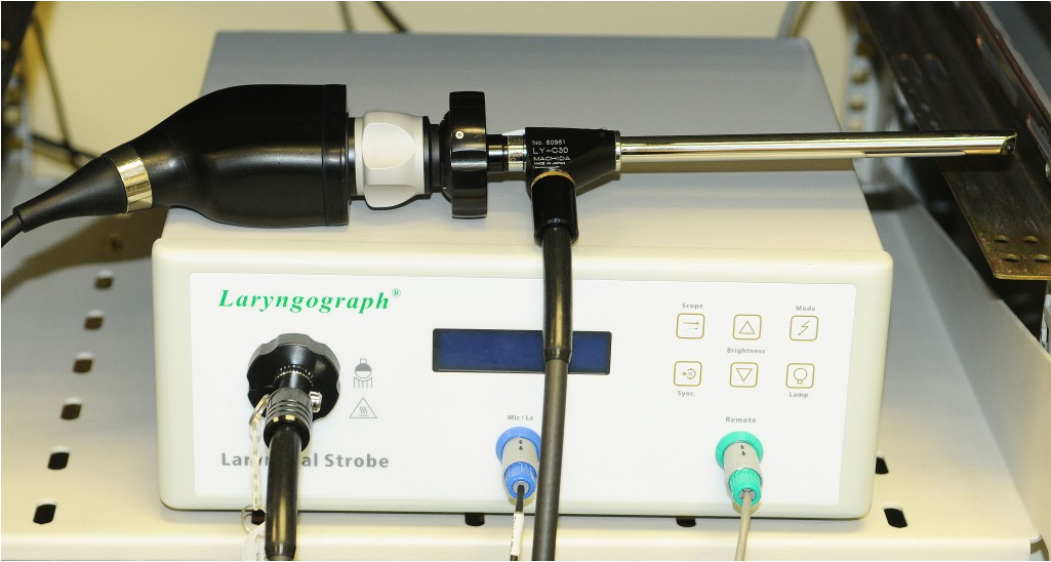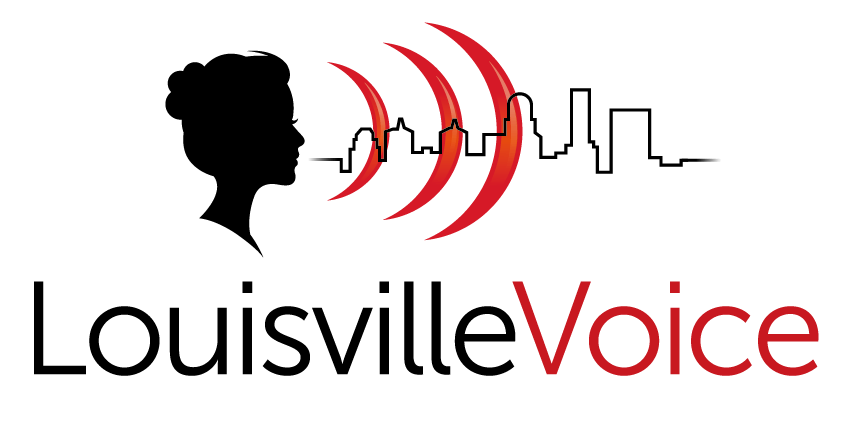Everything You Need to Know about Laryngopharyngeal Reflux
Have you ever experienced heartburn, acid reflux, or nausea after eating too many fatty foods or drinking too much coffee or beer? If yes, then you’re familiar with the symptoms of gastroesophageal reflux disease (GERD), where the contents of your stomach reflux into your throat.
However, in some cases, the symptoms of the reflux aren’t obvious and can go undetected for a long time. In addition to acid from your stomach causing throat irritation, other enzymes from the stomach can irritate your voicebox. This is called laryngopharyngeal reflux “(LPR), “silent” reflux, non-acid reflux, or sometimes extra-esophageal reflux disease.
Keep reading to learn more about laryngopharyngeal reflux, its causes, symptoms, and treatments.
What Is Laryngopharyngeal Reflux?
Laryngopharyngeal reflux is a medical condition where acid or pepsin from your stomach travels up your esophagus and enters your throat, voice box, and nasal passages. When left untreated, LPR can cause ulcers on your vocal cords, lead to chronic cough, and worsen your asthma or bronchitis.
While anyone can be diagnosed with LPR, you’re more likely to get it as you age. Certain diet and lifestyle choices, such as excessive drinking or tobacco use, overstressing, being overweight, or wearing binding clothing, etc., can make you more vulnerable to LPR.
What Causes Laryngopharyngeal Reflux?
There are elastic rings, called sphincters, at either end of your esophagus that prevent your stomach’s contents from refluxing into the throat. When you experience laryngopharyngeal reflux, it means that secretions are pushing past these sphincters.
LPR is quite common amongst infants as they lie down most of the time, and not to mention their sphincters aren’t fully developed until after a year of birth. In adults, the sphincters may not be closing completely or other anatomic changes.
What Are its Symptoms?
Laryngopharyngeal reflux in adults may cause some classic symptoms of GERD, such as heartburn or burning sensations in the back of your throat. However, in many cases, it isn’t always easy to identify symptoms of LPR. They can be mistaken as symptoms of other medical conditions.
It takes a qualified medical professional to diagnose you properly. So, if you experience any of the following symptoms, visit your doctor to get an accurate diagnosis.
● Constant throat clearing
● Difficulty swallowing
● Feeling like you have a lump in your throat
● Hoarseness
● Postnasal drip
● Swollen or irritated larynx
How Can You Treat Laryngopharyngeal Reflux?
Doctors usually prescribe medication to ease symptoms of reflux. Antacids, H2 blockers, and Proton Pump Inhibitors (PPIs) are prescribed to prevent the damage caused by LPR. Other OTC medications include gaviscon advance or reflux gourmet (available on amazon)
Your doctor might also recommend several lifestyle changes for you to implement, including:
● Avoiding food, water, or other beverages for at least two to three hours before bed.
● Removing fatty and spicy foods from your diet
● Propping your head up higher when you sleep
● Minimizing your alcohol consumption
● Quitting smoking
● Following an exercise routine
If you notice some of the common symptoms of reflux disease or any of the symptoms of LPR listed above, contact an otolaryngologist. Dr. Elizabeth Burckardt, MD, is a fellowship-trained laryngologist and professional voice surgeon in Louisville, Kentucky, and Jeffersonville, Indiana at Kentuckiana ENT, a Division of ENT Care Centers. She provides surgical and medical treatment for voice, airway, and swallowing disorders. So if you have questions or concerns about laryngopharyngeal reflux, feel free to contact her by visiting her website.










